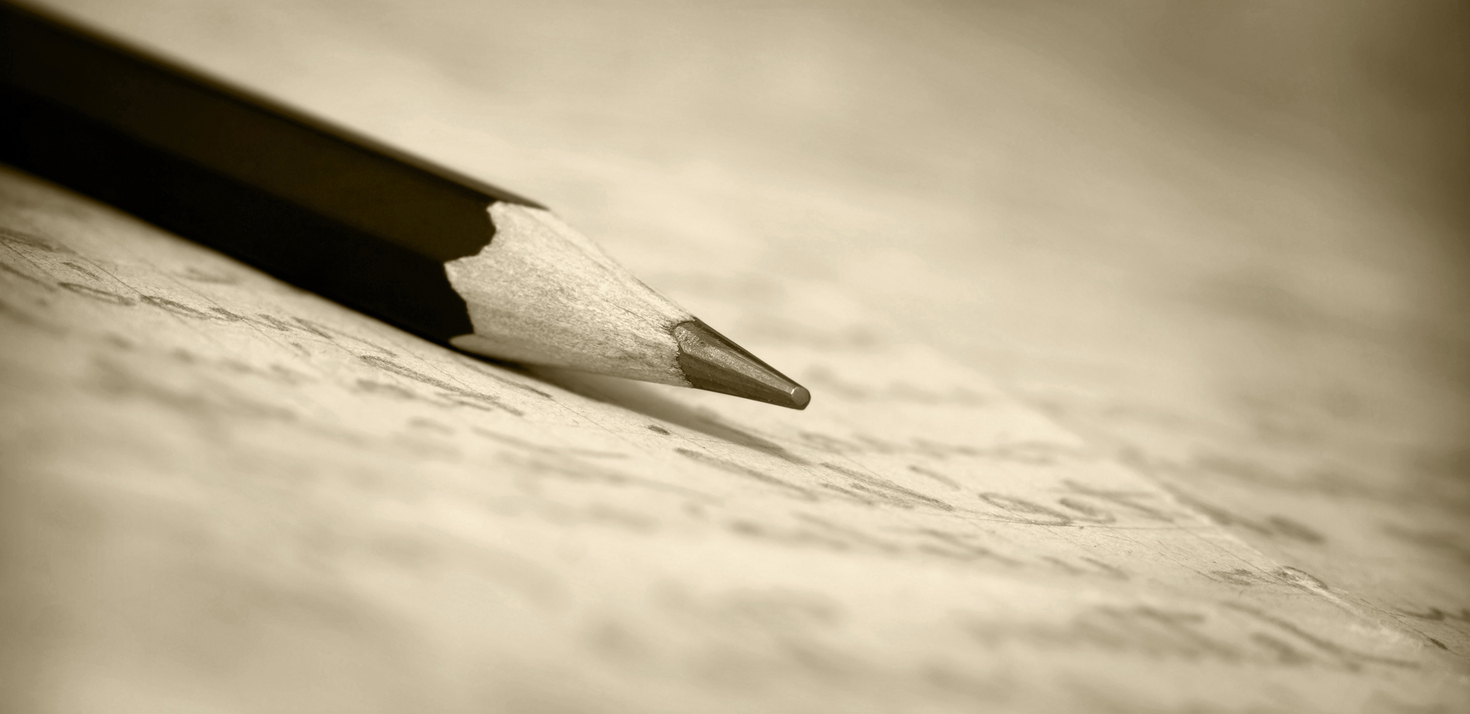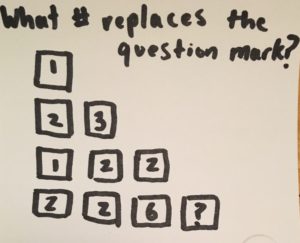
A friend’s mom started sending her brain teasers last week. The first one was a word problem and I was instantly hooked. It took a few minutes to get, but the challenge was welcomed (I love words). The second one required you to complete a pattern of numbers. Now, I don’t hate math, but I remember struggling with these sorts of questions in school. I eventually figured it out, but if I’m honest with you (and myself), it took over an hour for me to get the correct answer.
Whether we recognize it or not, with every experience we are writing a story. We write a story before the experience that is full of expectations, during as we try to process the experience, and after as we try to make sense of it. And while the experience shapes the story we write, I’d argue that the story we write with our mindset and expectations ultimately shapes the experience.
We can make or break an experience with how we choose to write the story. The beginning, middle, and end can all be framed, edited, or rewritten to improve our overall experience.
The Self-Fulfilling Prophecy
Muhammed Ali said, “I am the greatest. I said that even before I knew I was.” The story we sculpt before an experience may be the most important as it sets the tone. Big Sean says, “I wrote myself a million-dollar check in 5th grade, I put it on my wall and promised it’d be this way.” Both examples show how powerful the beginning can be.
The way in which we write our story at the beginning of an experience tends to be a self-fulfilling prophecy. Expecting the brainteaser to be challenging made it even more challenging. At one point, I started using integrals until I remembered that I don’t remember how to do integrals. Framing the beginning positively and with a growth mindset can change an entire experience.
The Edit
During the experience, we can edit the story. We have the opportunity to change the story even if the beginning was unexpected or undesired. Just because I started with the expectation that I would struggle with the riddle does not mean I had to keep that mindset.
I became frustrated and gave the riddle to a few people who proceeded to solve it in under five minutes. I edited my expectations and shortly after arrived at the answer (it didn’t even require calculus). Once I decided I was capable of solving the problem, it was almost immediately that I did. When we choose to write the wrong self-fulfilling prophecy, the edit is our opportunity to change the story.
The Re-Write
Now I can choose to leave the story as is- I once again struggled with a math problem for over an hour and proved that I am not good at them. Or, I can re-write the story. The re-written story is one that has little to do with my ability to solve math riddles. In the re-write, I will use the experience as a reference in the future. I’ll remember it as the time that I took over an hour to solve a math problem that I could have solved quickly if I hadn’t written the wrong self-fulfilling prophecy.
The re-write is how we learn. We take our experience and we interpret it. This is where we can reflect on what went well and what could have gone better. Even a bad experience can have a good story if we re-write it with a growth mindset and use it for the process of learning.
What’s your story?
P.S. Here’s the riddle.
